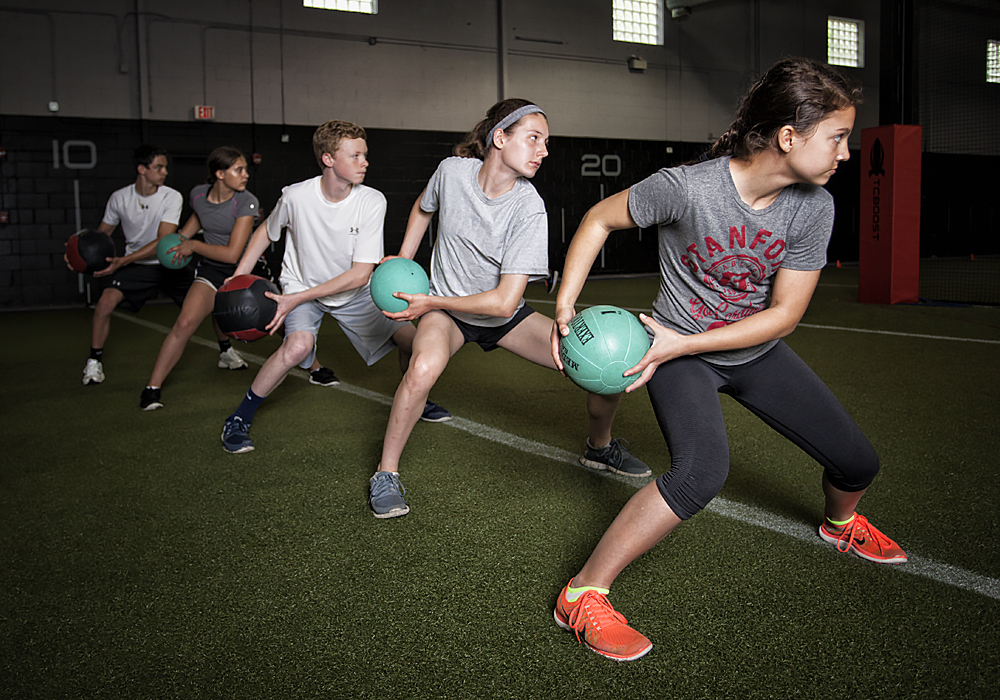One way of understanding “sport-specific” training is to see it as embracing a perfect-practice routine that is extremely focused on the sport or activity of your choice. In other words, you should be taking lessons from a qualified coach for your sport, while knowing that altering the routine by replacing it with, say, makeshift gear will not lead to the optimal set of movements you are aiming for.

A good example is golf. You cannot master the various swings and putts unless you keep practicing with the correct golf club. This distinction should be clear when we consider sport-specific training in its modern definition, given the many various programs that allow for mixtures of regimens and routines.

In the context of CrossFit, coaches should be able to implement safe and effective strength programs for the body, while being mindful of the sport the athlete is training for. The complementary conditioning workout could be optional when, say, strength or explosiveness is the focus of the sport. Athletes doing excessive conditioning training (and in a non-structured manner) often become more prone to burnout or even injuries.
Again, the most important thing in sport-specific training is the value of constant and proper practice. Never settle with compromised gear and reduced training durations and watch and emulate other athletes and professionals in the sport. Remember that before attaining mastery, the initial goal is become a true student of your chosen sport.
Hey, there. My name isRyan Shephardand I’m a student at the University of Michigan. Since I was young, I’ve always wanted to work in the sports industry, particularly in the fields of athletic training and sports rehab. For more of my writings, click this website.